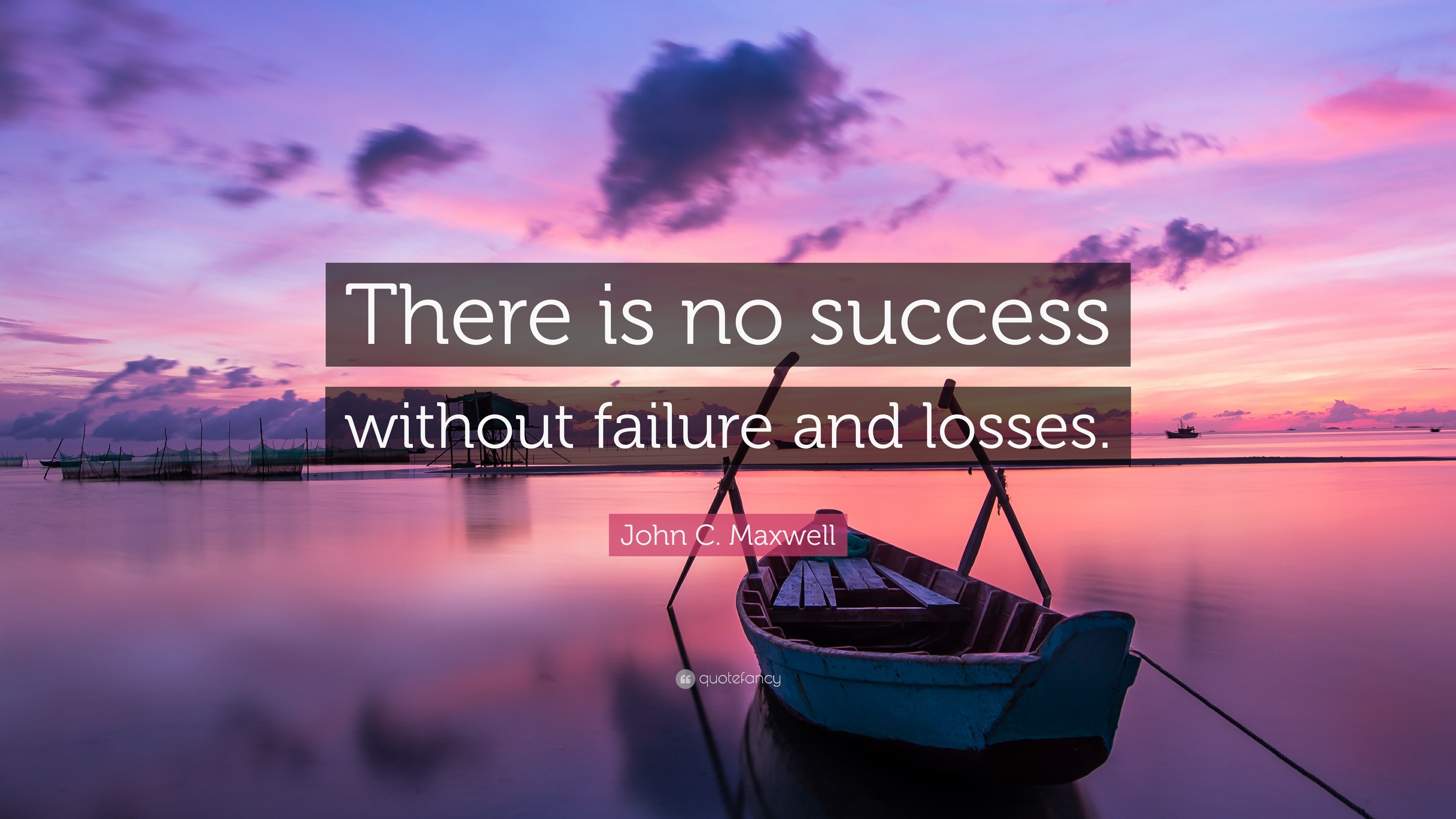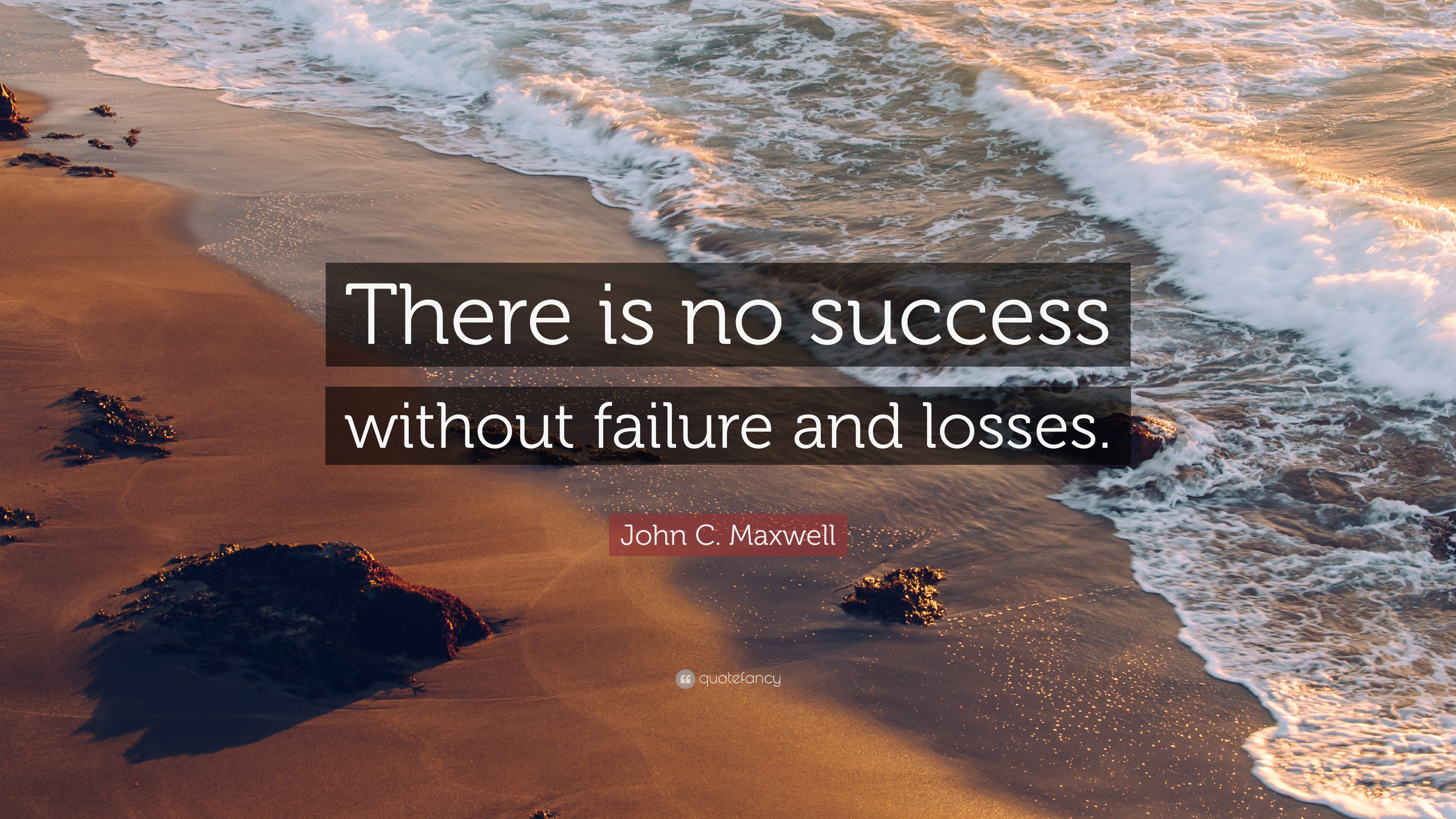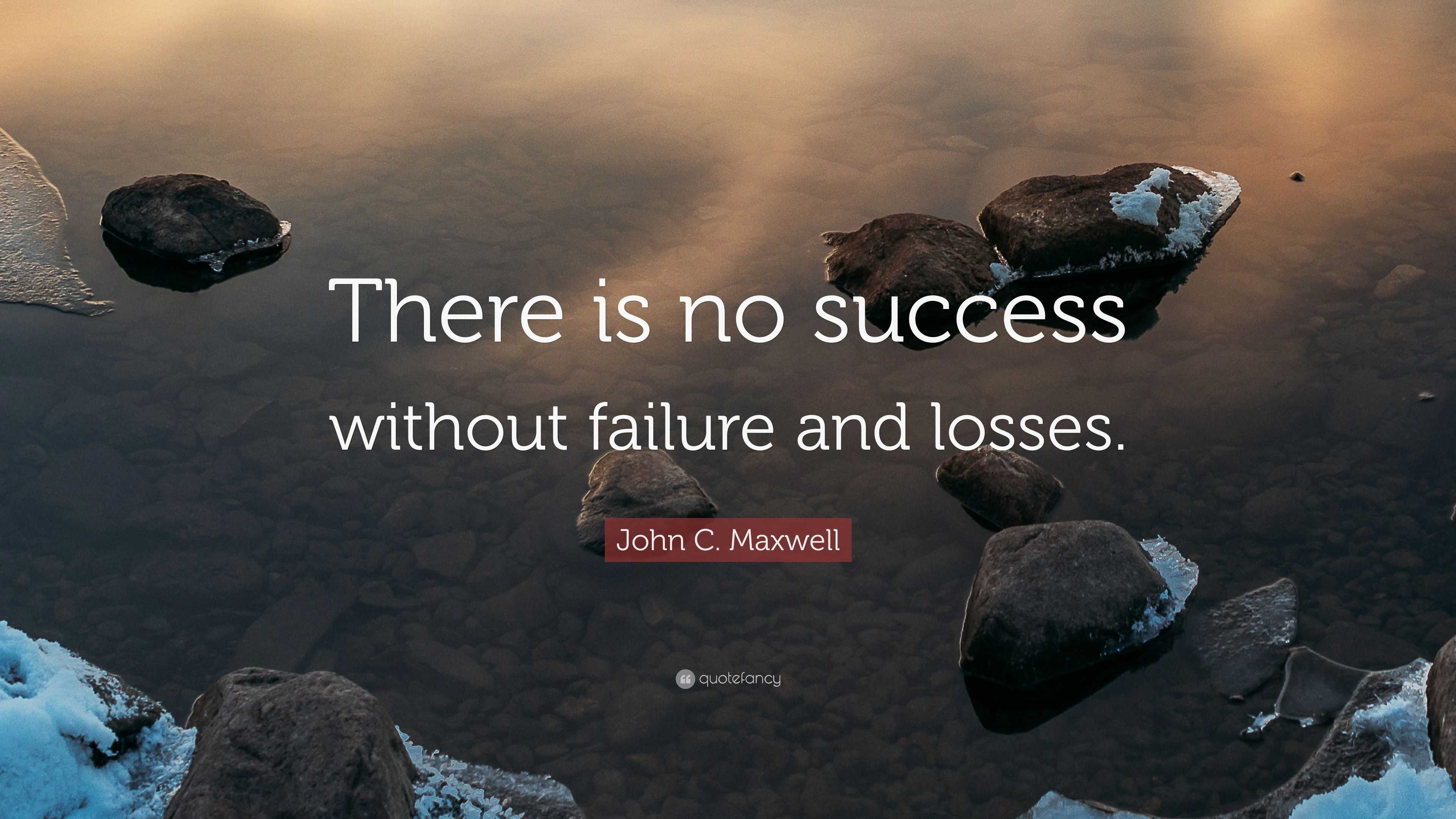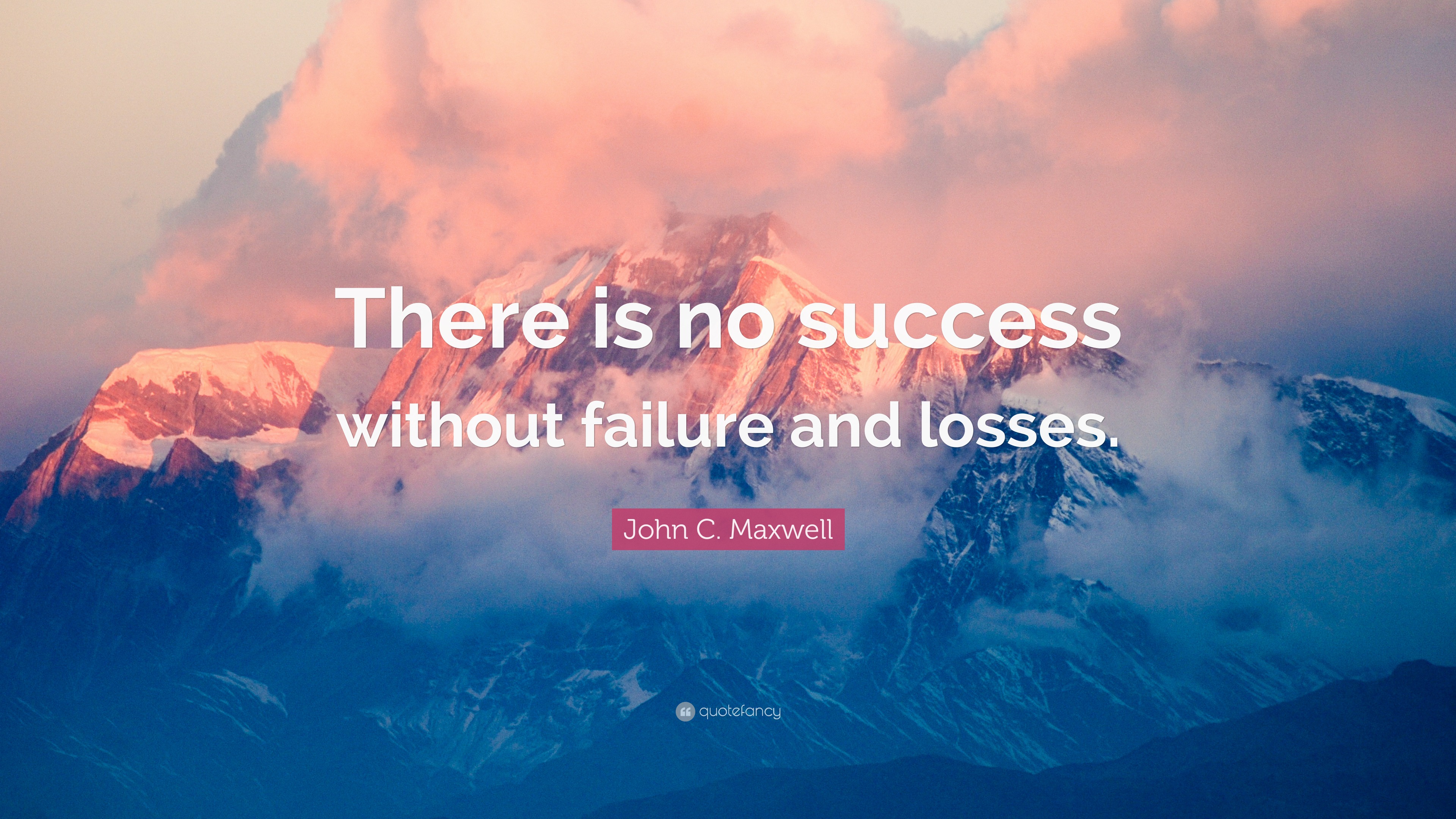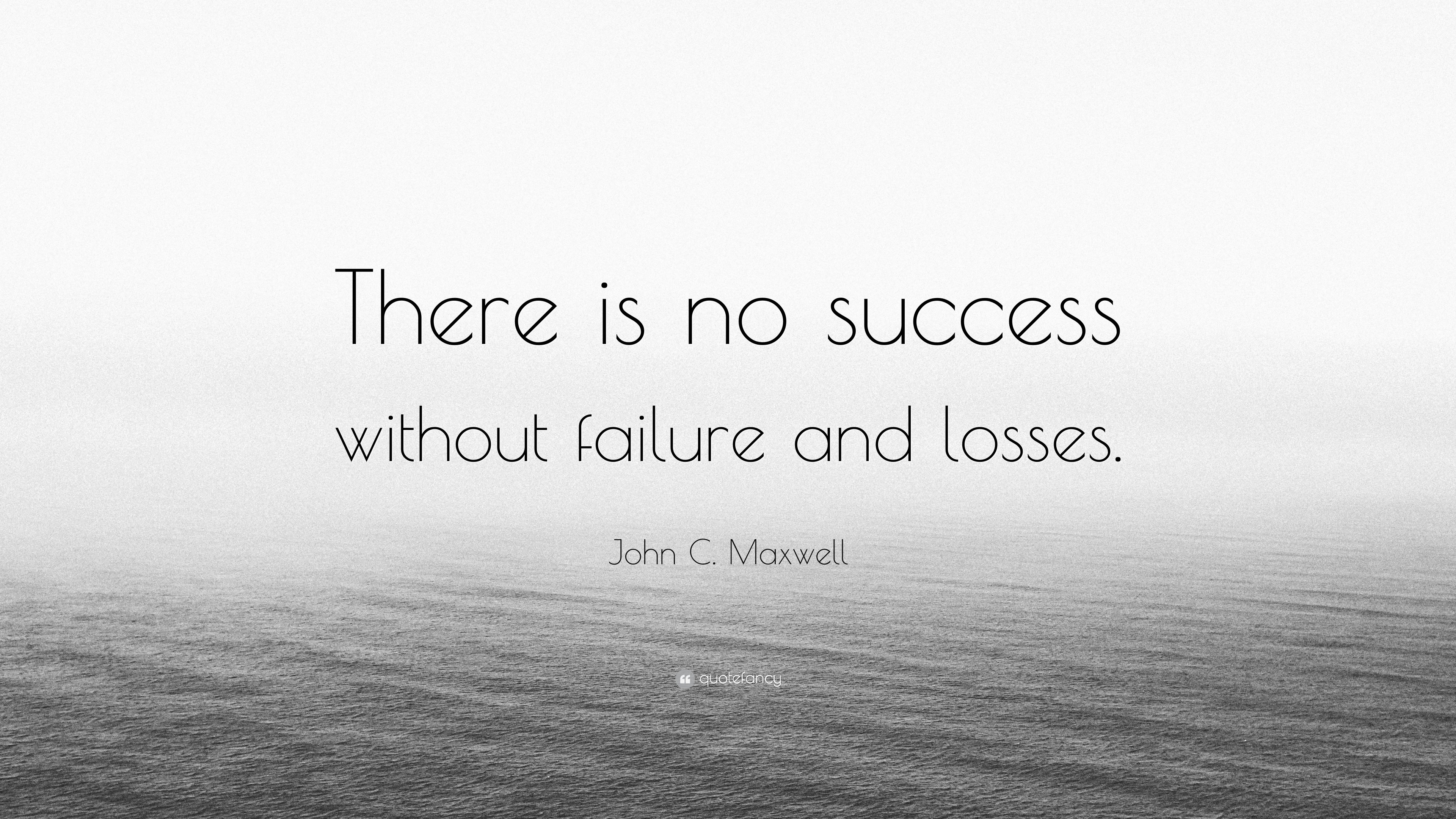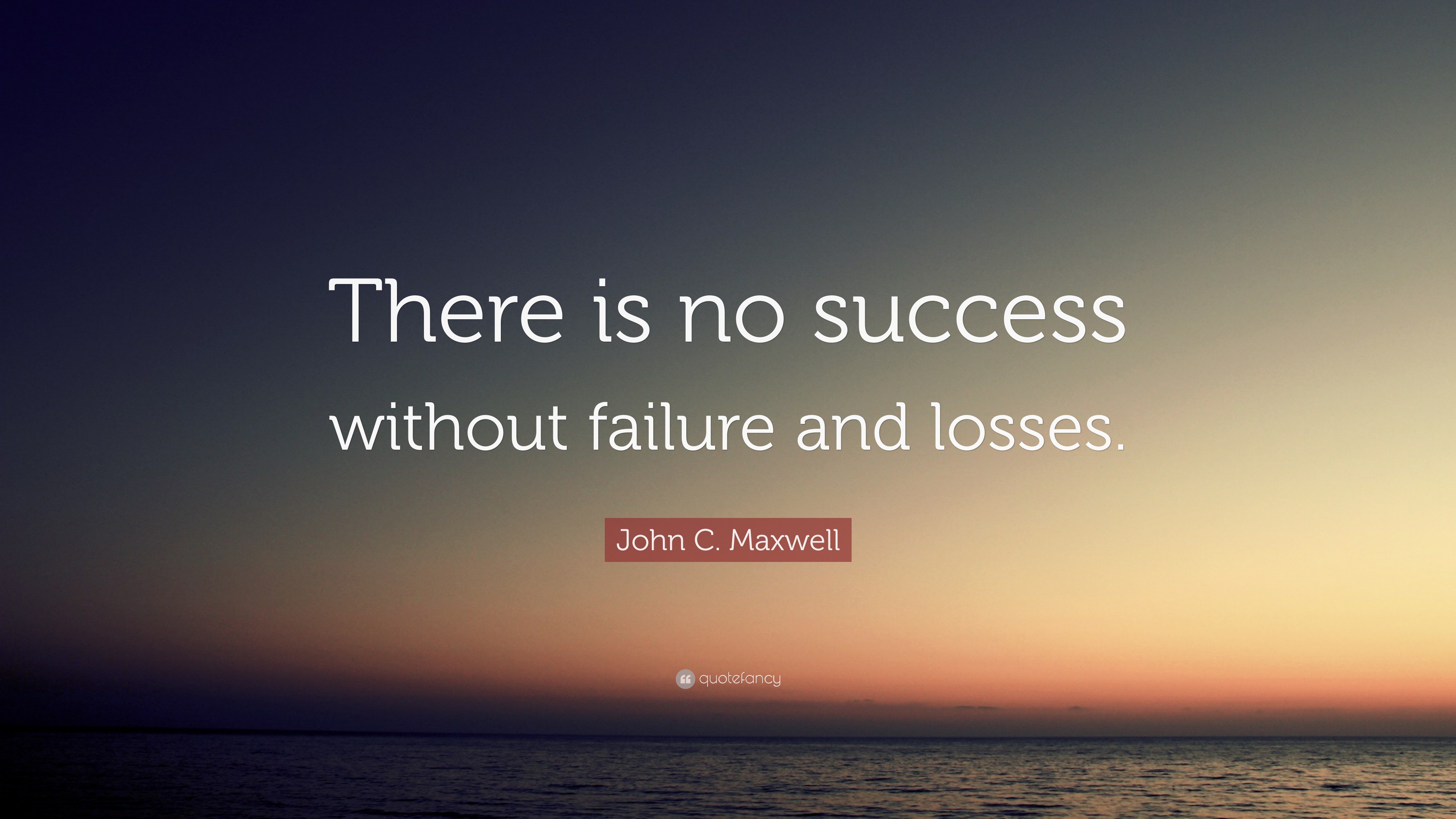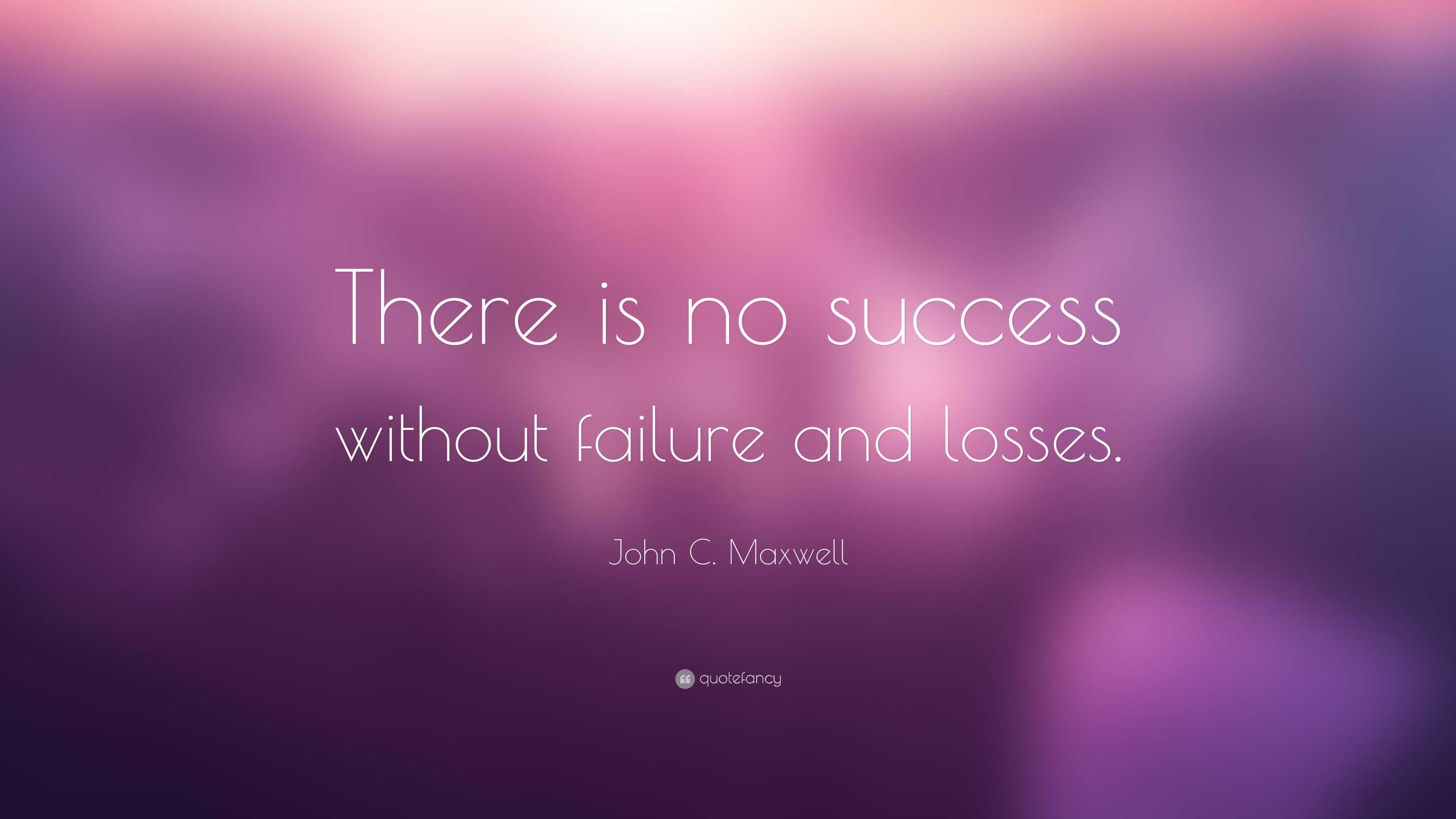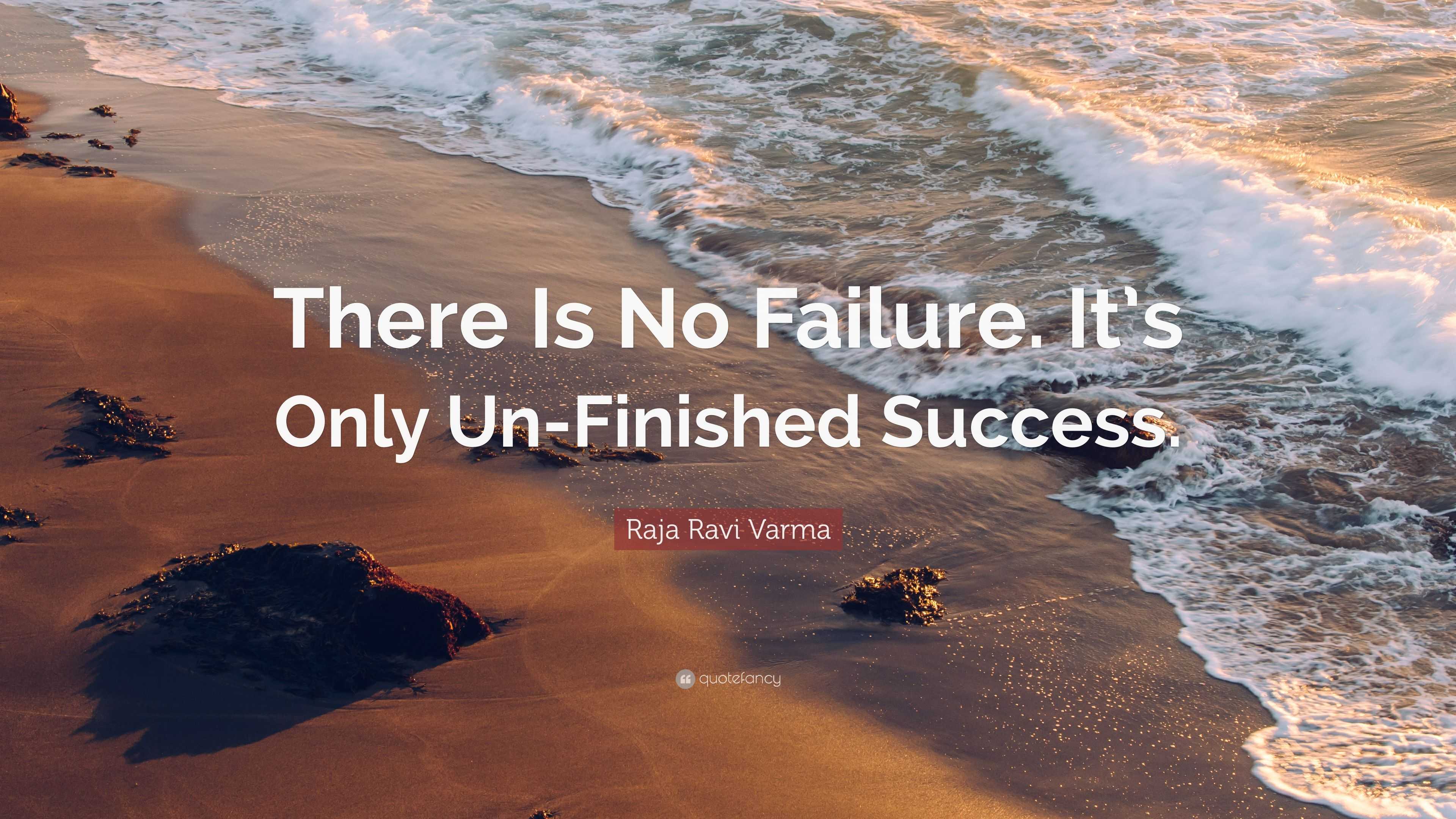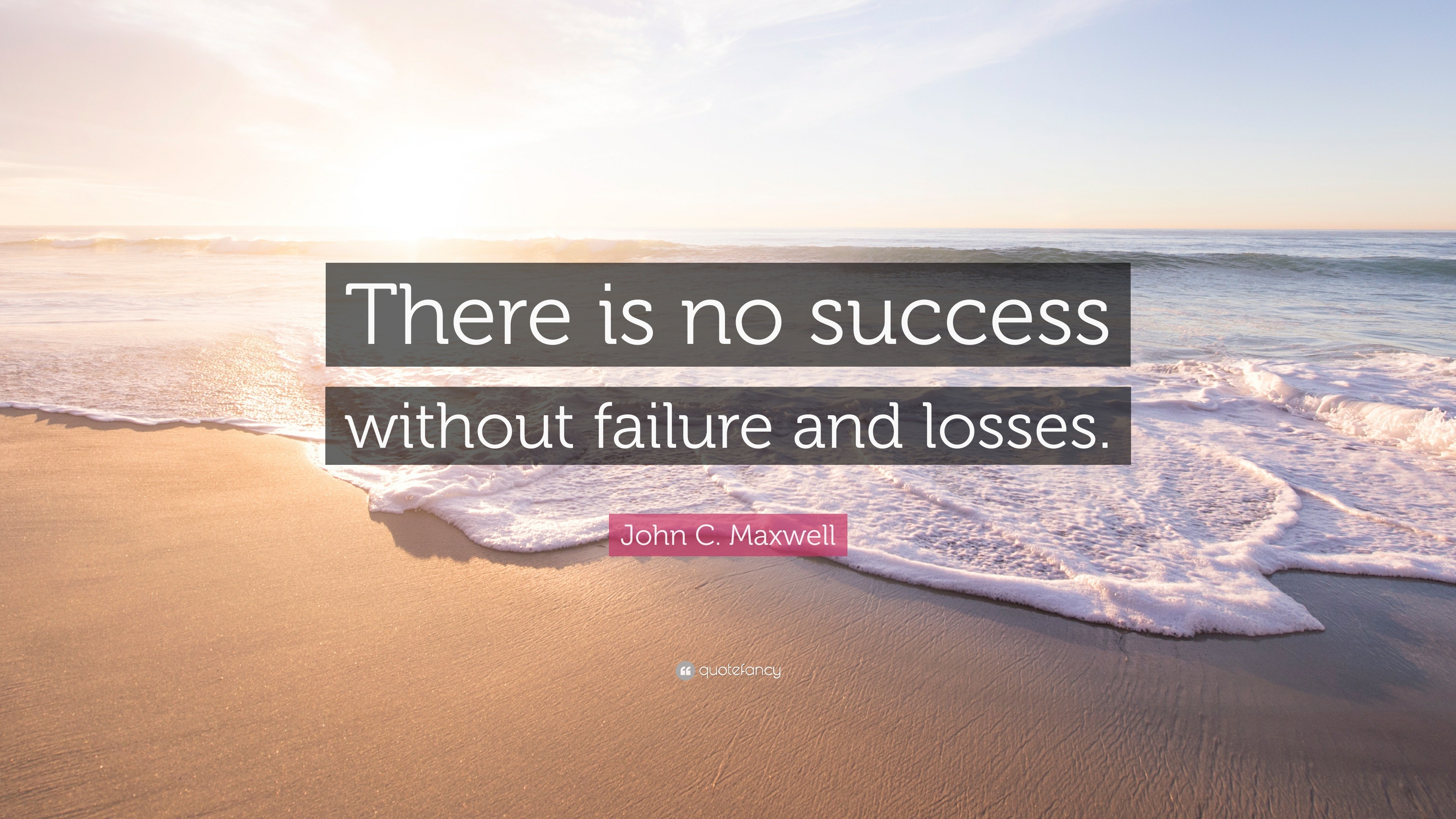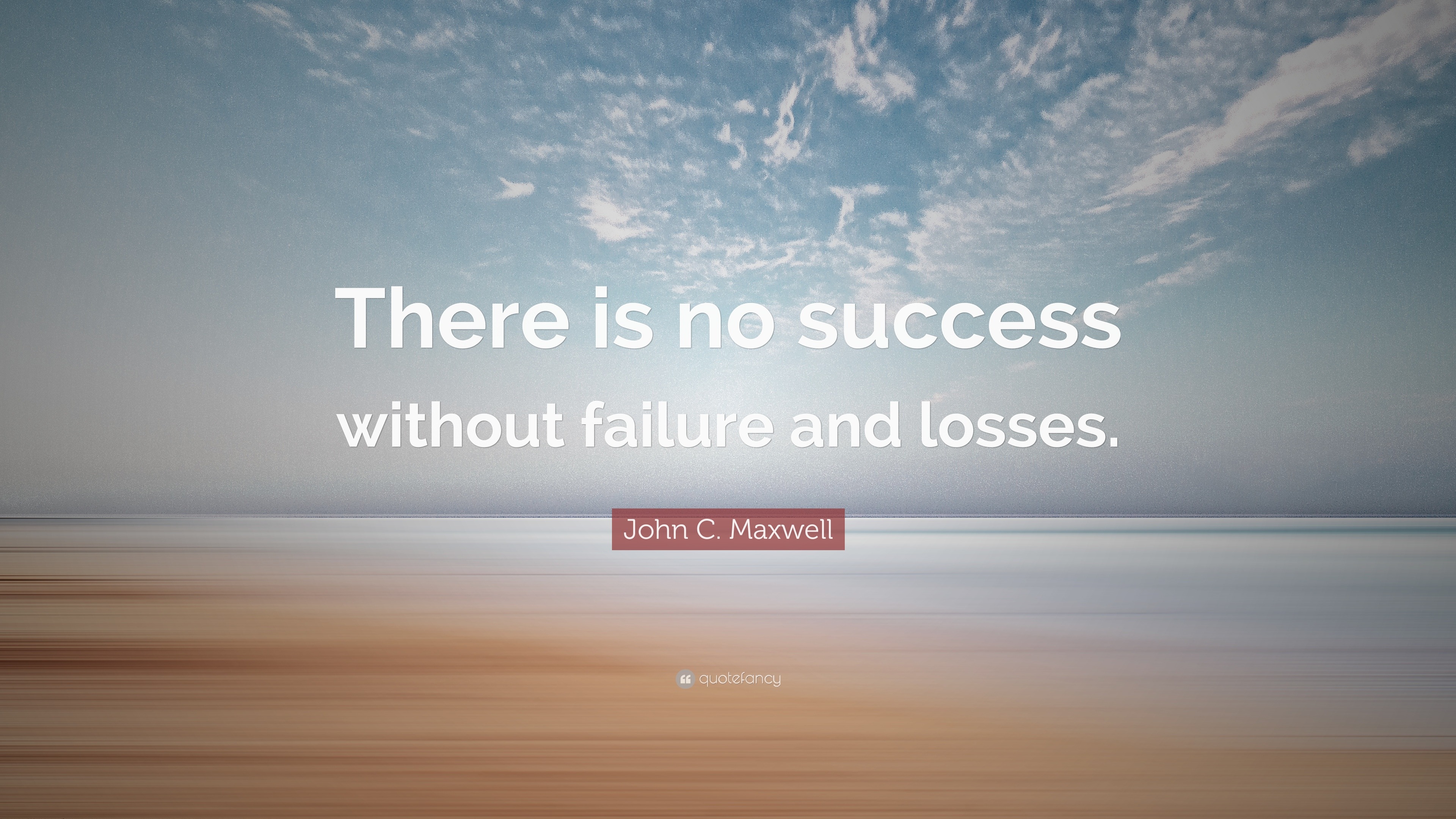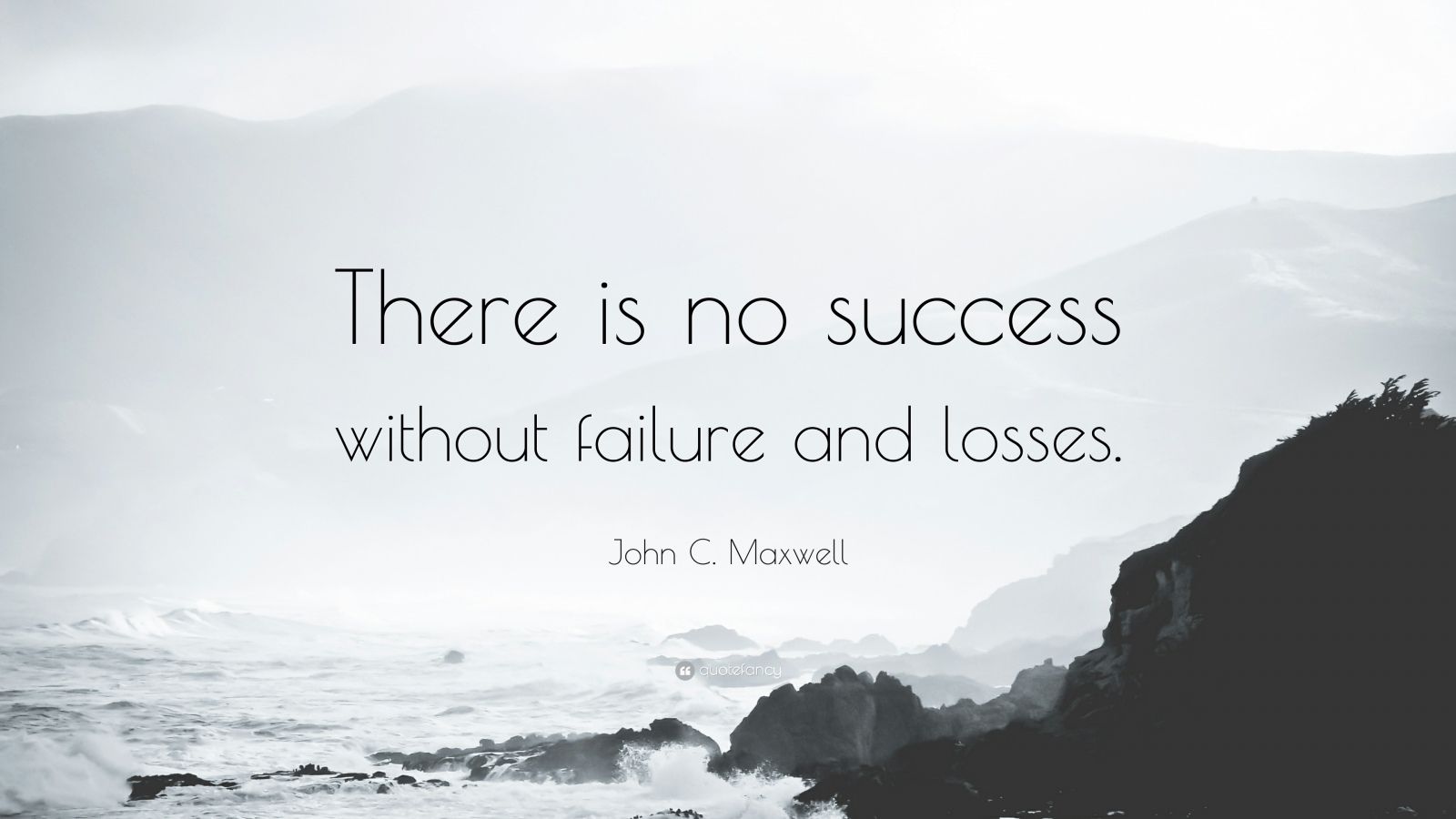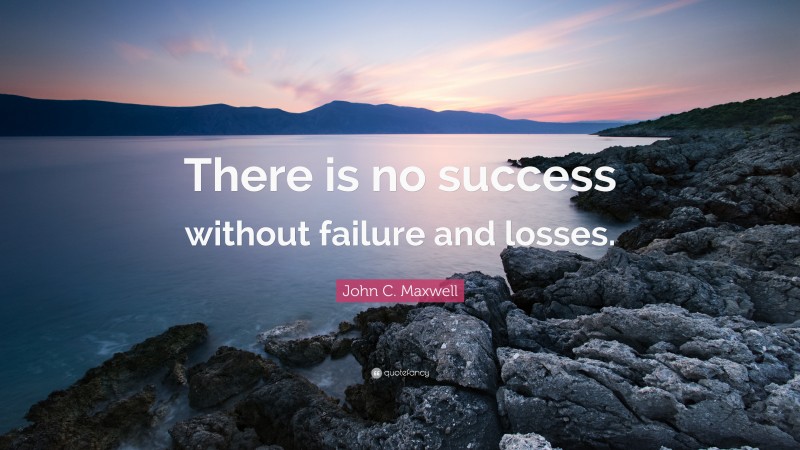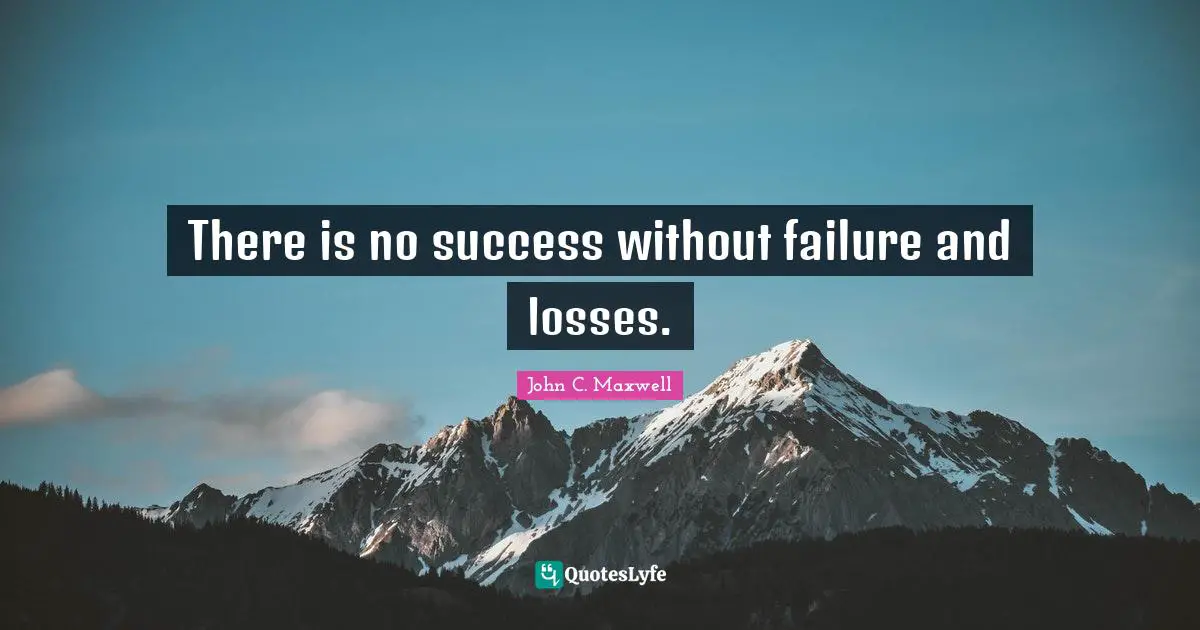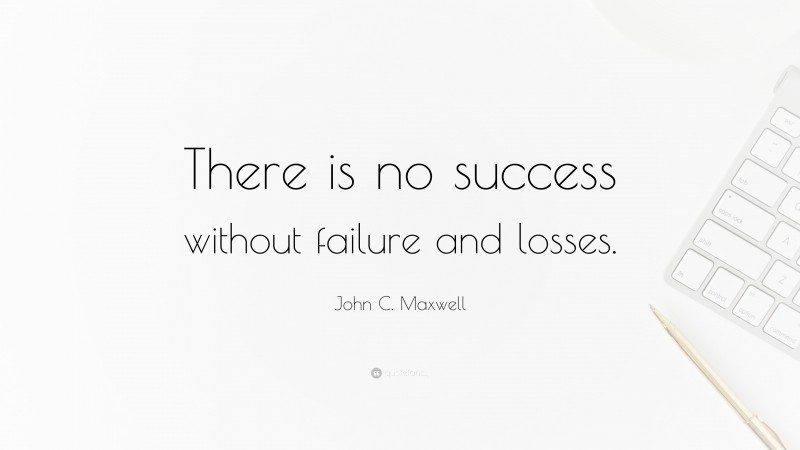There Is No Success Without Failure
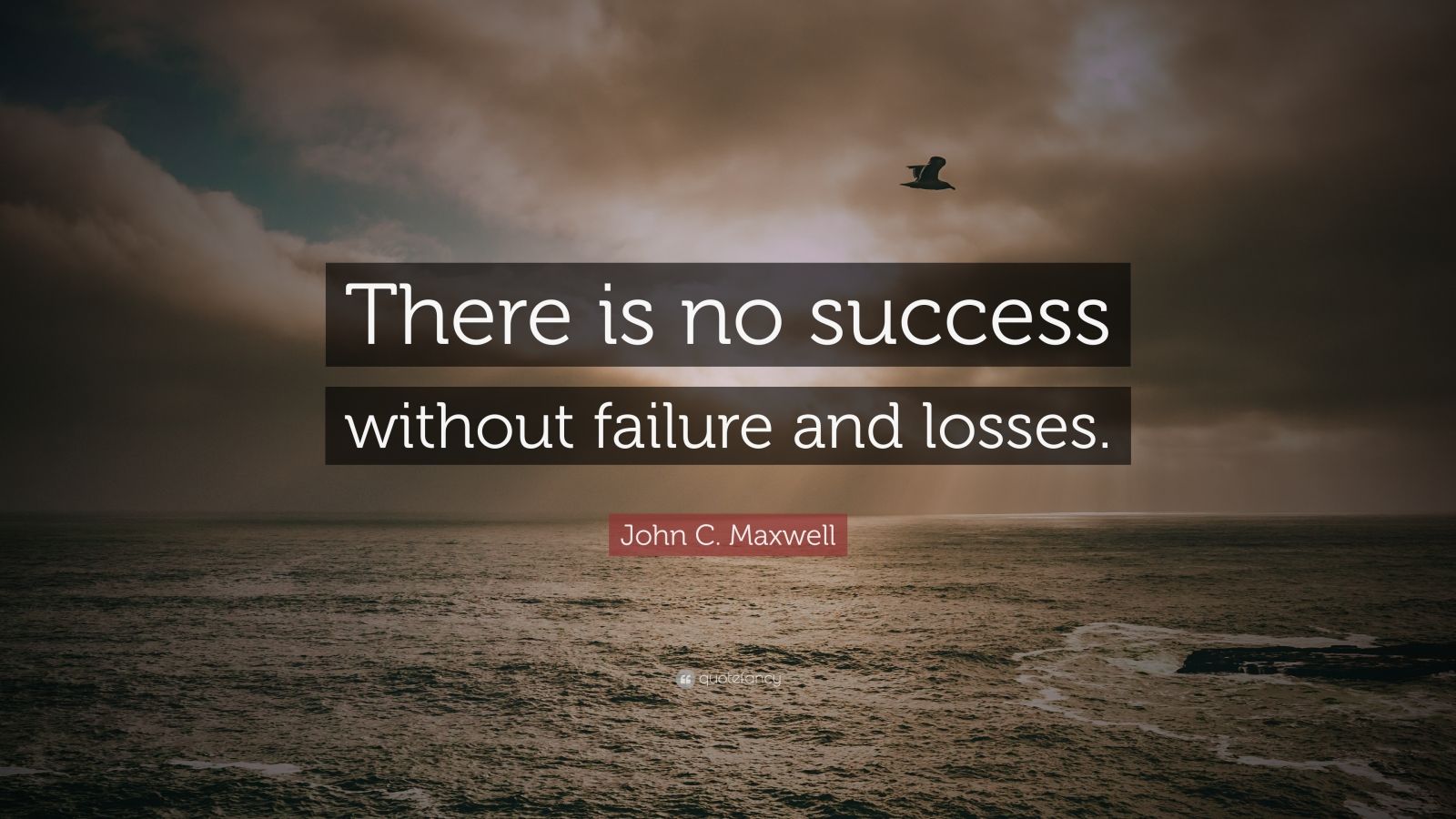
The road to achievement is rarely, if ever, a smooth, upward trajectory. In boardrooms and classrooms, on athletic fields and in artistic studios, the narrative remains consistent: setbacks, mistakes, and outright failures are not detours on the path to success, but rather integral milestones along the way. A growing body of evidence suggests that embracing failure is not just a comforting platitude, but a crucial element for innovation, resilience, and ultimately, reaching one's goals.
This article explores the critical link between failure and success, examining how learning from mistakes can foster growth, drive innovation, and build the mental fortitude necessary to overcome obstacles. We'll delve into psychological research, business case studies, and personal anecdotes to illustrate the profound impact of embracing failure as a stepping stone toward achieving meaningful success, moving beyond the fear of imperfection to unlock potential.
The Psychology of Failure and Growth
Research in psychology has increasingly highlighted the importance of mindset in navigating challenges. Psychologist Carol Dweck, in her groundbreaking work on growth mindset, demonstrates how individuals who believe their abilities can be developed through dedication and hard work are more likely to persevere in the face of setbacks.
This contrasts with a fixed mindset, where individuals believe their abilities are innate and unchangeable, leading them to avoid challenges for fear of exposing perceived limitations. Studies have shown that fostering a growth mindset can significantly improve academic performance, resilience, and overall well-being.
Neuroscience also supports the idea that failure can be beneficial. When we make mistakes, our brains are forced to analyze what went wrong, creating new neural pathways and strengthening existing ones. This process, often referred to as "error monitoring," is essential for learning and adaptation.
Failure as a Catalyst for Innovation
In the business world, many successful companies have embraced a culture of experimentation and "failing fast," recognizing that innovation often arises from trial and error. Amazon, for instance, is well-known for its willingness to launch new products and services, even if they ultimately fail.
The company's CEO, Jeff Bezos, has famously stated that "failure is an essential ingredient for invention," and that Amazon is willing to invest in experiments that have a high probability of failure. This approach has led to some of Amazon's most successful ventures, including Amazon Web Services (AWS), which initially faced skepticism but now dominates the cloud computing market.
Similarly, Google has a history of "killing" projects that don't meet expectations, a practice that allows the company to focus resources on more promising initiatives. While some may view these failures as setbacks, they are ultimately seen as learning opportunities that contribute to Google's overall success.
Building Resilience Through Adversity
Beyond fostering innovation, failure can also play a crucial role in building resilience. Overcoming setbacks teaches individuals how to cope with adversity, adapt to changing circumstances, and persevere in the face of challenges. This resilience is essential for long-term success in any field.
Consider the stories of successful entrepreneurs who have faced multiple bankruptcies or failed ventures before achieving their breakthrough. J.K. Rowling, the author of the Harry Potter series, was famously rejected by numerous publishers before finding success. Her ability to persevere despite these rejections is a testament to the power of resilience.
Individuals with high levels of resilience are better equipped to handle stress, maintain a positive outlook, and bounce back from setbacks. This ability is increasingly important in today's fast-paced and uncertain world.
Reframing Failure: A Path Forward
The key to harnessing the power of failure lies in reframing our perspective on it. Instead of viewing failure as a sign of inadequacy or incompetence, we should see it as a valuable learning opportunity. It is necessary to analyze what went wrong, identify areas for improvement, and use this knowledge to inform future decisions.
Educational institutions and workplaces can play a vital role in fostering a culture that embraces failure. This includes creating safe spaces for experimentation, encouraging open communication about mistakes, and providing support for individuals who are struggling.
Ultimately, the ability to learn from failure is a crucial skill for success in any endeavor. By embracing setbacks as opportunities for growth, we can unlock our full potential and achieve meaningful goals. The journey may be fraught with challenges, but the lessons learned along the way will ultimately make us stronger, more resilient, and more successful.
